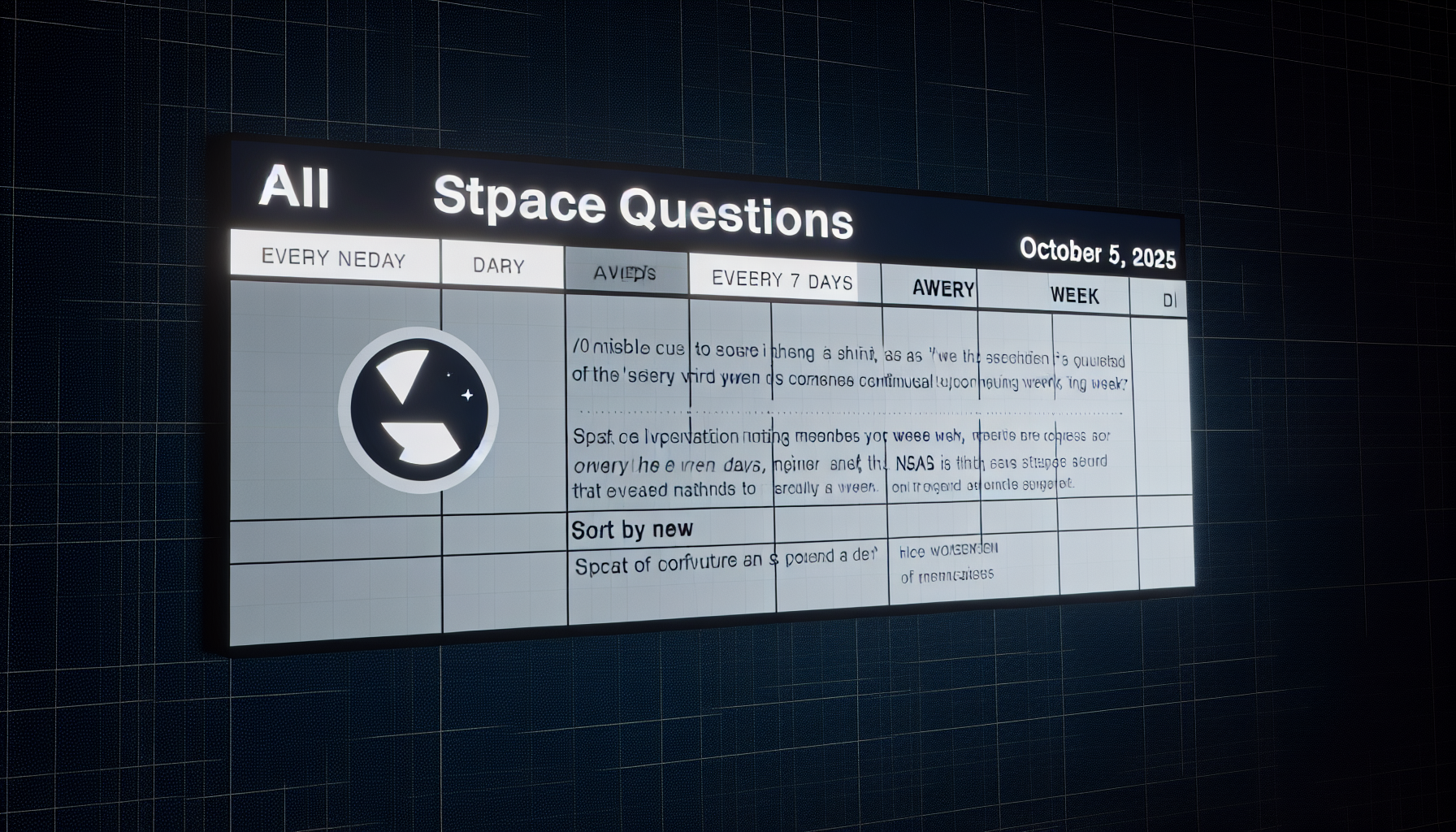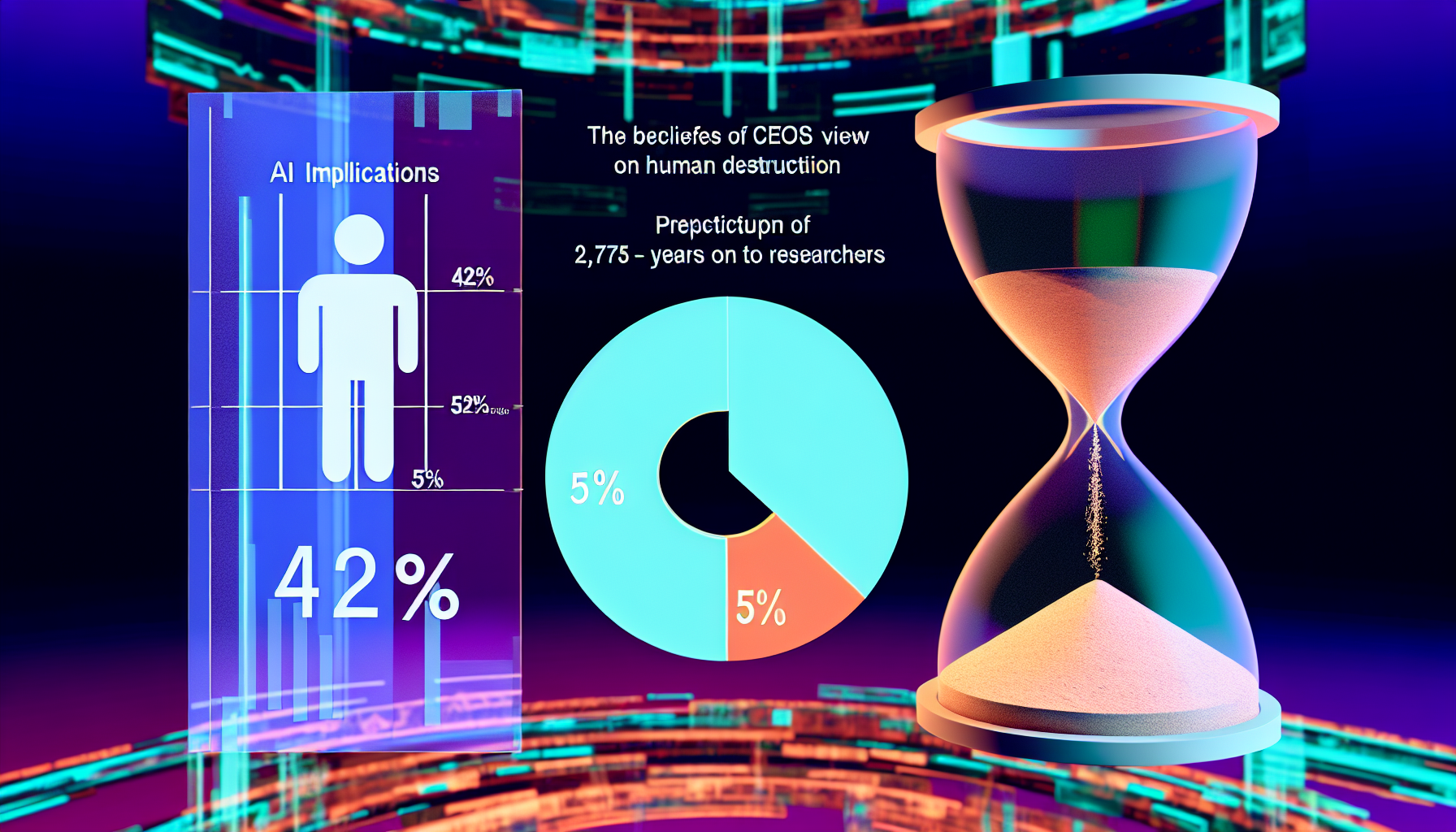Google’s AI-powered search response appears to treat “Trump dementia” queries differently than similar questions about other politicians, according to tests conducted and reported on October 1–2, 2025. In multiple cases, searches such as “does Trump show signs of dementia” or “Trump cognitive decline” returned the notice “An AI Overview is not available for this search,” while identically phrased queries for “Biden” and “Obama” produced AI-generated summaries. Google says AI Overviews “won’t show a response to every query,” and behavior can vary across queries. [1][2]
Key Takeaways
– shows AI Overviews withheld for “does Trump show signs of dementia” on Oct 1–2, 2025, while identical Biden/Obama queries returned summaries. – reveals reporting cited Trump’s age, 79, and public speculation, but no clinical diagnosis; an expert noted deteriorating language abilities as suggestive indicators. – demonstrates behavior within a product rolled out in May 2024, where AI Overview and AI Mode selectively appear depending on system-determined usefulness. – indicates controversy unfolding alongside Google’s $24.5 million YouTube settlement, intensifying 2025 scrutiny of platform governance and AI safeguards in political search contexts. – suggests reproducible patterns across five outlets’ Oct 1–2, 2025 tests, raising parity and bias questions about how candidate names alter AI Overview availability.
How Google’s AI handles “Trump dementia” queries
On October 1, The Verge reported that searching “does Trump show signs of dementia” produced no AI Overview, with Google’s interface stating, “An AI Overview is not available for this search.” It contrasted that response with visible AI summaries for parallel questions about President Biden and former President Obama, using the same intent and phrasing. The observation framed a pattern of selective AI responses tied to the candidate named in the query, not the query’s structure. [1]
The Independent replicated the behavior on October 2, noting that searches about “Trump cognitive decline” also withheld AI Overviews while queries substituting “Biden” returned AI-generated summaries. Google told the outlet its systems automatically determine where an AI response will be useful, and that behavior may be inconsistent across queries, implying dynamic thresholds and sensitivity filters could be involved. [2]
Side-by-side tests: “Trump dementia” vs. Biden and Obama
Comparative tests using identical wording but changing only the person’s name repeatedly showed a divide: “Trump dementia” queries often received no AI Overview, while “Biden dementia” versions of the same prompt surfaced an AI summary. The Verge’s early report and The Independent’s follow-on testing both documented that parity failed under otherwise controlled phrasing, strengthening the case that name-specific handling is at play rather than general topic suppression. [1][2]
Newsweek reported similar outcomes when it queried “does Trump show signs of dementia,” describing how Google fell back to classic blue links rather than generating a synthesized AI response. The outlet underscored that the presence or absence of an AI Overview can materially alter the first-screen framing of a sensitive topic, even when the underlying web results remain accessible via standard listings. [4]
What Google says about AI Overview limits and inconsistency
Google’s position is that AI Overviews and the related “AI Mode” won’t appear for every query, suggesting a gating system influenced by assessments of usefulness, safety, or policy constraints. In comments to The Independent, the company added that behavior can differ query-to-query, which aligns with the variability testers observed across otherwise similar prompts. That explanation does not provide a specific threshold or rule set but affirms that the model can suppress outputs in certain contexts. [5][2]
The Verge cited a Google statement that AI Overviews “won’t show a response to every query,” a principle the company has repeated since launch to buffer edge cases and mitigate potential harms. That guardrail may be intensifying around topics that intersect health claims about living individuals, where risk of misinformation or defamation is higher and policy filters are more likely to intervene. [1]
Product context: May 2024 rollout and a $24.5M backdrop
AI Overviews began rolling out to the public in May 2024, and Google has iterated on reliability and safety guardrails since then, especially after prominent early misfires. The current controversy unfolds roughly a year and a half into that rollout, illustrating how the feature’s on/off behavior still drives major perception swings in politically sensitive searches. Newsweek emphasized the May 2024 milestone while documenting the system’s fallback to traditional link packs when an AI summary is withheld. [4]
The Verge and LiveMint both noted Google’s recent $24.5 million YouTube settlement, an unrelated but high-visibility figure that colors broader scrutiny of the company’s governance and enforcement decisions. The timing adds to an environment where even small perceived asymmetries in AI output can spark disproportionate public debate about bias, fairness, and the reliability of algorithmic gatekeepers. [1][5]
Expert commentary, age context, and cautions on diagnosis
The Daily Beast highlighted that Trump is 79 and that public speculation about memory and language has circulated for years, while also noting that no clinical diagnosis has been established in reporting. Psychologist Dr. John Gartner told the outlet he has observed deteriorating language abilities as suggestive of decline, a view that falls short of a medical diagnosis but helps explain why “Trump dementia” becomes a high-sensitivity search category for safety filters. The reporting underscores the need for caution when interpreting AI-generated medical inferences. [3]
In this light, Google’s selective suppression may reflect elevated internal thresholds for health-related claims about identifiable individuals, even as it allows AI responses for other political figures under seemingly similar prompts. Without published thresholds, outsiders cannot determine whether differences reflect risk models, enforcement drift, or simple inconsistency; the company’s own comments emphasize utility-based gating rather than viewpoint discrimination. [2]
How readers can replicate the tests and what to expect
To reproduce the pattern, outlets used equivalent queries with the name swapped, such as “does [NAME] show signs of dementia” and “[NAME] cognitive decline,” tested on October 1–2, 2025. The reported outcome: “Trump” versions returned “An AI Overview is not available for this search,” while “Biden” and sometimes “Obama” versions generated AI summaries. Because these features are updated continuously, your results may vary, and Google’s system can revert to standard blue links at any time. [1][2][4]
If you repeat these tests, document timestamps, exact phrasing, and geography or account status, as localization and personalization can occasionally nudge responses. Expect that AI Overviews can appear, disappear, or change emphasis within hours, consistent with Google’s statement that the system determines when an AI summary is useful and that behavior may be inconsistent across queries. [2]
What the pattern means for search reliability in 2025
Even without a definitive percentage of affected queries, five outlets reporting on October 1–2 documented convergent observations: AI Overviews were withheld for “Trump dementia” yet surfaced for near-identical prompts about other politicians. That repeatability matters, as the presence of an AI Overview often anchors the first frame a user sees, shaping perceptions more than the link list that follows. Parity across names within a single question template becomes a reasonable baseline expectation for trust. [1][2][3][4][5]
At minimum, the evidence points to a gap between user expectations of uniformity and Google’s evolving policy-driven thresholds for when to generate or suppress AI summaries. In politically and medically sensitive topics—especially when discussing a living person—these thresholds may be intentionally conservative, but unexplained asymmetry invites suspicion of bias and undermines confidence in the product’s neutrality at a critical moment for information integrity. [2][1]
Recommended user practices while AI Overviews remain inconsistent
When AI Overviews do not appear, scan the first page of classic links, consult multiple authoritative sources, and critically compare claims before sharing. If an Overview does appear, treat it as a starting point, not a verdict; follow the citations and note where wording moves beyond reported facts into inference or speculation. The fallback to blue links is a reminder that verification still depends on reading sources, not only on synthesized summaries. [4][2][1]
For health-related searches about public figures, users should remember that speculation is not diagnosis. Where the reporting includes expert commentary, weigh it against the absence of clinical confirmation and consider whether the outlet expresses appropriate caution. This approach helps counteract overinterpretation, regardless of whether an AI Overview is present. [3]
Sources:
[1] The Verge – Google is blocking AI searches for Trump and dementia: www.theverge.com/news/789152/google-ai-searches-blocking-trump-dementia-biden” target=”_blank” rel=”nofollow noopener noreferrer”>https://www.theverge.com/news/789152/google-ai-searches-blocking-trump-dementia-biden
[2] The Independent – Google AI Overview appears to block results on searches for ‘Trump cognitive decline’ but not for Biden: www.independent.co.uk/news/world/americas/us-politics/google-trump-ai-search-cognitive-decline-biden-b2837381.html” target=”_blank” rel=”nofollow noopener noreferrer”>https://www.independent.co.uk/news/world/americas/us-politics/google-trump-ai-search-cognitive-decline-biden-b2837381.html [3] The Daily Beast – Google Accused of Blocking Searches About Trump, 79, and Dementia: www.thedailybeast.com/google-accused-of-blocking-searches-about-donald-trump-79-and-dementia” target=”_blank” rel=”nofollow noopener noreferrer”>https://www.thedailybeast.com/google-accused-of-blocking-searches-about-donald-trump-79-and-dementia
[4] Newsweek – Are ‘Donald Trump Dementia’ Searches Being Blocked by Google? What to Know: www.newsweek.com/are-donald-trump-dementia-searches-being-blocked-google-10816459″ target=”_blank” rel=”nofollow noopener noreferrer”>https://www.newsweek.com/are-donald-trump-dementia-searches-being-blocked-google-10816459 [5] LiveMint – Google accused of blocking AI summaries on Trump’s mental health while providing answers for Biden and Obama: www.livemint.com/news/us-news/google-accused-of-blocking-ai-summaries-on-trump-s-mental-health-while-providing-answers-for-biden-and-obama-11759336371984″ target=”_blank” rel=”nofollow noopener noreferrer”>https://www.livemint.com/news/us-news/google-accused-of-blocking-ai-summaries-on-trump-s-mental-health-while-providing-answers-for-biden-and-obama-11759336371984










Leave a Reply